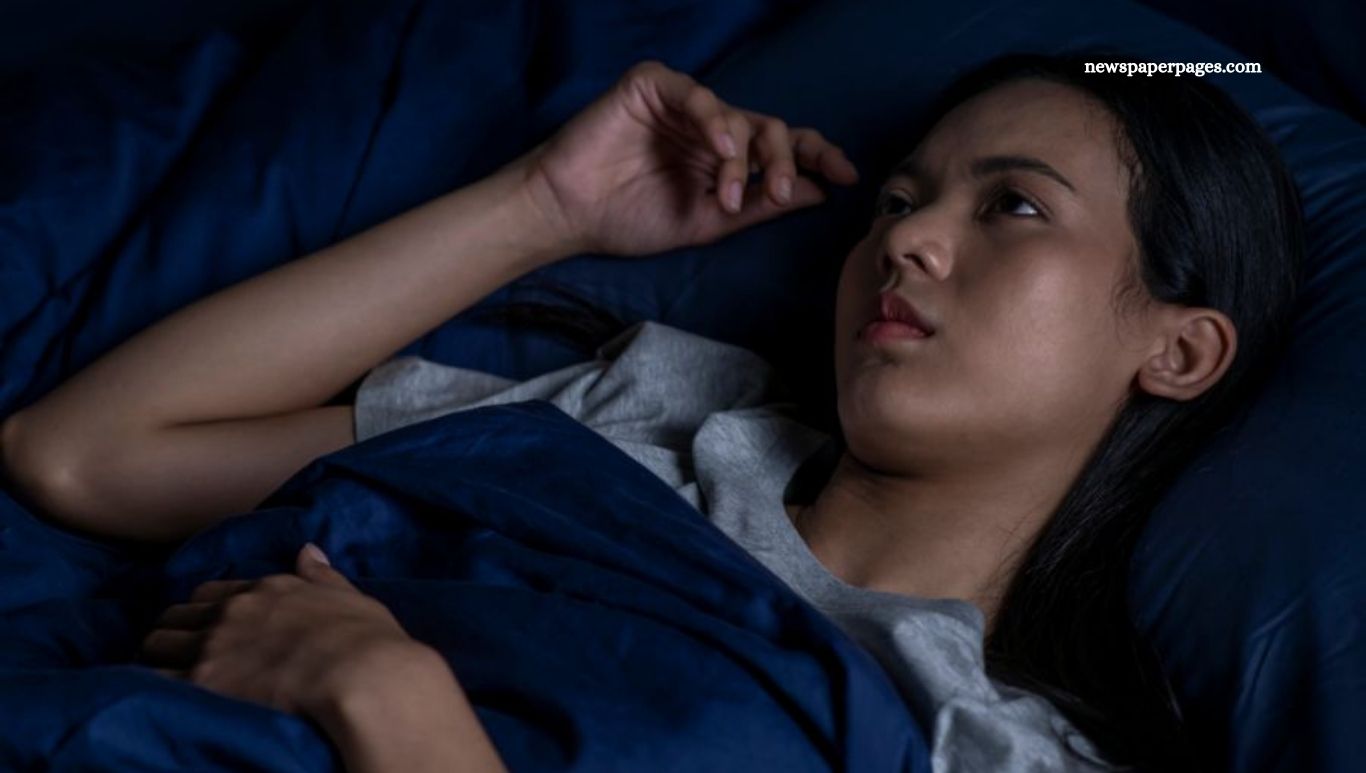If you feel Always Tired but can’t fall asleep, it might stem from an imbalanced circadian rhythm, daytime naps, anxiety, or other factors. Even with plenty of coffee, exhaustion can linger through the day. Yet when bedtime arrives, your mind often stays alert instead of resting. Keep reading to learn what causes daytime fatigue paired with nighttime wakefulness—and how to improve your sleep for better energy and rest.
Napping
Naps offer many health benefits when done right. However, poor nap habits can interfere with nighttime sleep. Research shows that long naps or late afternoon naps can delay falling asleep, reduce sleep quality, and increase nighttime awakenings. To avoid this, limit naps to 20–30 minutes and keep them at the same time daily to help your body maintain a consistent sleep rhythm.
Read More: Top 12 Tips for Better Sleep Hygiene
Anxiety
A racing mind makes it hard to fall asleep peacefully. Sleep disturbances often signal anxiety disorders, which frequently contribute to insomnia. Anxiety increases alertness and arousal, further delaying your ability to rest.
Depression
A 2019 review found that up to 90% of people with depression also suffer from poor sleep quality. Common issues include insomnia, narcolepsy, sleep-disordered breathing, and restless legs syndrome. Sleep problems and depression are closely linked, often disrupting circadian rhythms. Factors like inflammation, brain chemical changes, and genetics all influence this complex connection.
Caffeine
Caffeine’s average half-life is about 5 hours, meaning it can affect your sleep long after consumption. Studies show that 200 mg of caffeine—roughly 16 ounces of coffee—consumed 16 hours before bedtime can still disrupt sleep. Consuming 400 mg within 6 hours of bed can significantly reduce sleep quality. To improve rest, avoid caffeine 4–6 hours before going to sleep.
Screen time
Blue light from phones, tablets, laptops, and TVs suppresses melatonin production, reducing sleepiness at night. To improve sleep, avoid using these devices at least 2 hours before bedtime or try wearing blue-light blocking glasses in the evening.
COVID-19
Sleep difficulties are common in COVID-19 patients, caused by stress or immune responses. A 2021 study of 236,379 cases found that 5% experienced insomnia, rising to 10% in severe cases needing hospitalization. In Long COVID, over 40% of 1,321 individuals reported moderate to severe sleep problems. The pandemic itself has increased sleep issues due to social isolation, financial strain, and parenting challenges.
Other sleep disorders
Sleep apnea and restless legs syndrome can cause daytime sleepiness but leave you alert at night. Sleep apnea involves repeated pauses or shallow breathing during sleep, while restless legs syndrome triggers uncomfortable leg sensations that urge movement. Delayed sleep phase syndrome (DSPS) disrupts your circadian rhythm, affecting mainly young people (7–16%) and about 1% of adults. These disorders interfere with nighttime rest, leading to excessive daytime tiredness.
Your circadian rhythm
The circadian rhythm acts as an internal clock, regulating bodily functions over 24 hours. It uses light and darkness to control body temperature, metabolism, hormones—including melatonin—and sleep. Melatonin stays low during daylight and rises as darkness falls, peaking between 2 and 4 a.m. Our bodies are naturally ready to sleep about two hours after melatonin begins to increase.
Frequently Asked Questions
Why do I feel exhausted during the day but can’t fall asleep at night?
Disrupted circadian rhythms, anxiety, poor nap habits, or sleep disorders can cause daytime fatigue and nighttime wakefulness.
Can anxiety cause me to feel tired but restless at bedtime?
Yes, anxiety increases alertness and arousal, making it hard to relax and fall asleep despite feeling tired.
How does caffeine affect my ability to sleep if I’m tired?
Caffeine can stay in your system for hours, delaying sleep onset and reducing sleep quality if consumed too close to bedtime.
Could my use of electronic devices be affecting my sleep?
Blue light from screens suppresses melatonin, making it harder to fall asleep. Avoid screens 1-2 hours before bed or use blue-light blockers.
Are sleep disorders like sleep apnea or restless legs syndrome linked to feeling tired but awake at night?
Yes, these conditions disrupt restful sleep, causing daytime tiredness and nighttime alertness.
How does depression or COVID-19 impact sleep patterns?
Both can disrupt circadian rhythms and cause sleep disturbances, leading to persistent tiredness and insomnia.
Conclusion
Feeling tired but unable to sleep is a common issue with many possible causes—from disrupted circadian rhythms and anxiety to lifestyle habits and medical conditions. Understanding these factors can help you identify what’s affecting your rest.
By adjusting habits like caffeine intake, managing stress, and seeking treatment for sleep disorders, you can improve your sleep quality and regain daytime energy. Prioritizing healthy sleep routines is key to breaking the cycle of exhaustion and sleeplessness.

